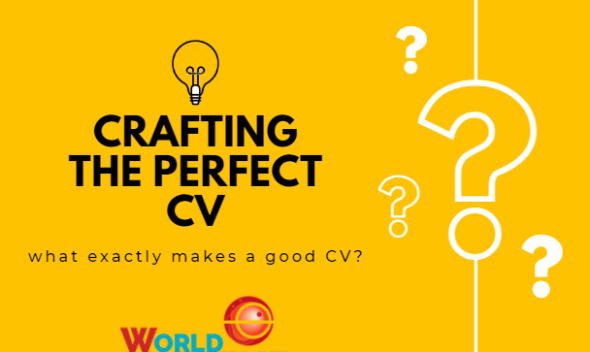The first free of charge course for women
It is often assumed that all women have the same opportunities in life because more women than men enroll to schools in Europe and the USA. Is that assumption, correct? Do all women in the world have equal chances in life?
Let us consider the work place. According to UN Women, women continue to participate in labour markets on an unequal basis. Increased educational attainment accounts for about 50 per cent of the economic growth in OECD countries over the past 50 years. Over half is due to girls having had access to higher levels of education and achieving greater equality[1]. When more women work, economies grow. It is important to involve women in it because women have the same “right to development” as men.
Despite the great expansion of educational opportunities worldwide, women in underdeveloped countries receive less education than men. There is compelling evidence that the education of women:
- Promotes both individual and national well-being.
- There are strong links between a woman’s education and her employment and income.
- When women are adequately educated, everyone benefits but when women are deprived of an education, individuals, families, and children, as well as the societies in which they live, suffer.
Why, then, do women continue to lag behind men in measures of educational attainment? Numerous reasons, such as: cost, availability of courses, economic and cultural differences among countries. In an attempt to assist the empowering of women the idea of MAREVA was born.
The free online Advance Certificate in Maritime Business, “MAREVA” is designed to assist under-advantaged and disadvantaged women from all over the world irrespective of background and age while contributing to shipping sustainability.
Its purpose is to be an effective and efficient educational tool for women and enable them to access the shipping industry.
APPLY NOW!
We want MAREVA to help women achieve success, believe in their abilities, and fulfill their potential – the sky’s the limit!
[1] The World Bank, 2012, World Development Report: Gender Equality and Development, p. 5.













